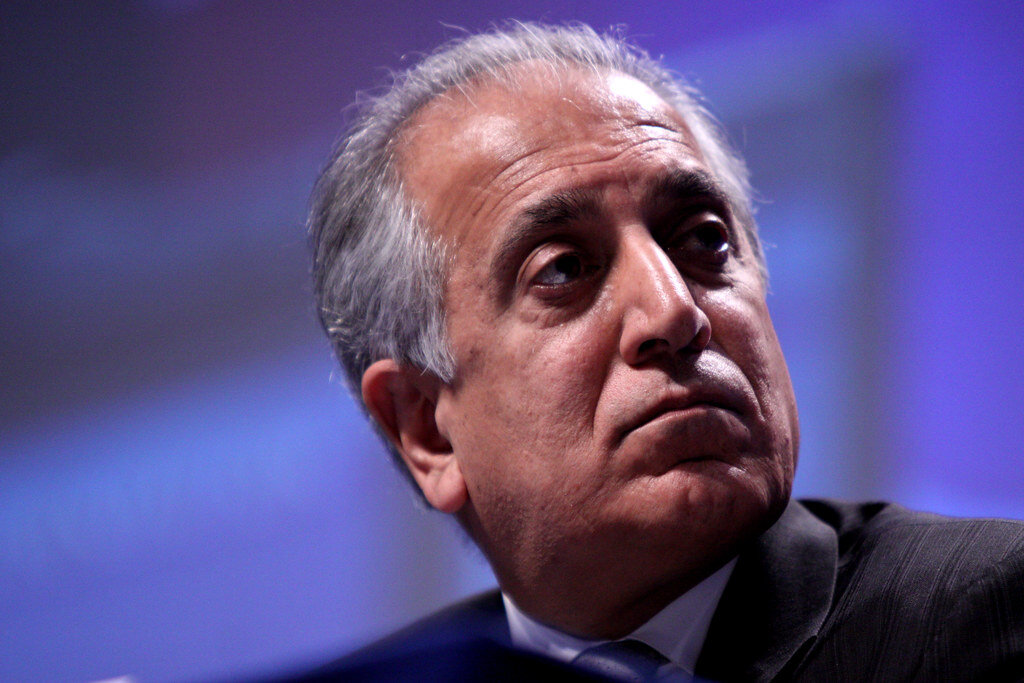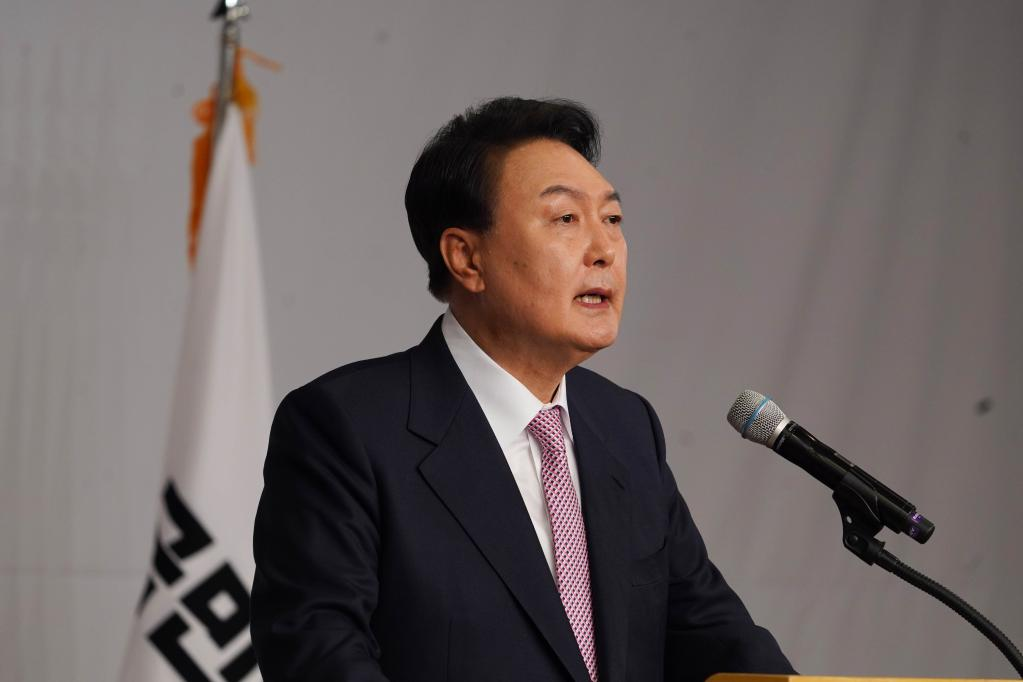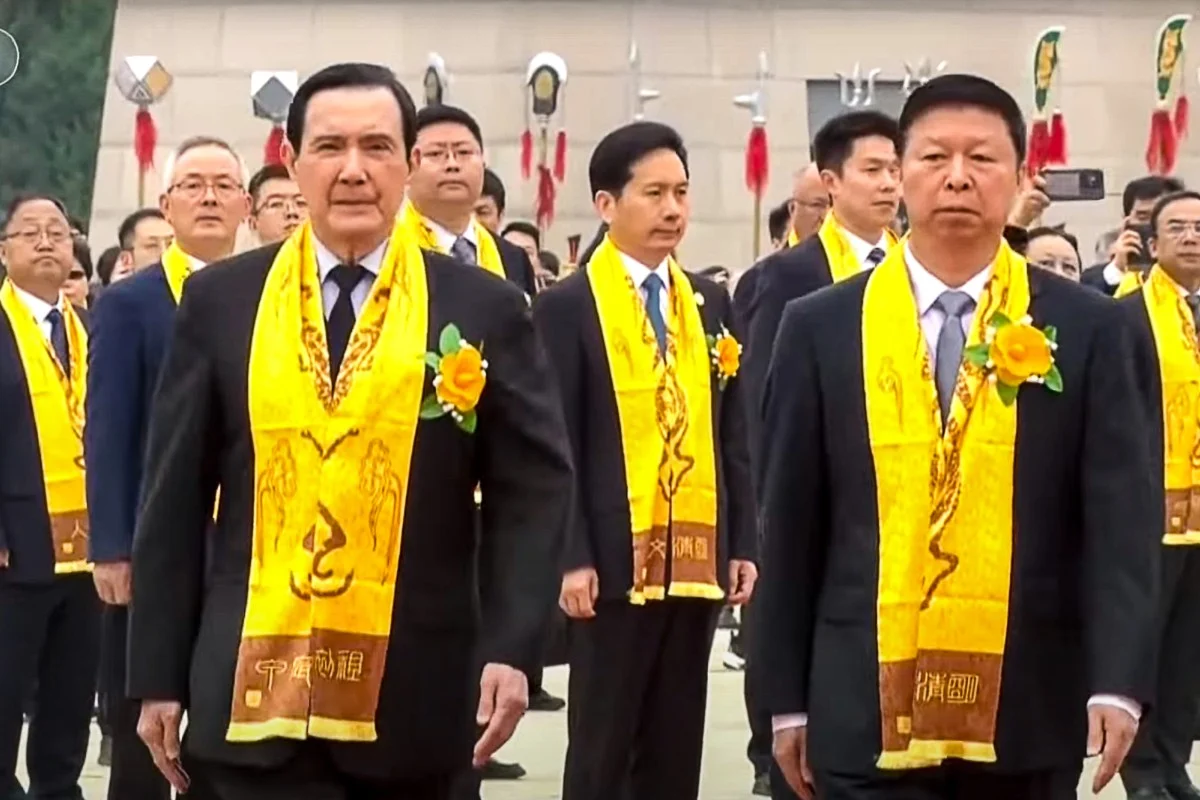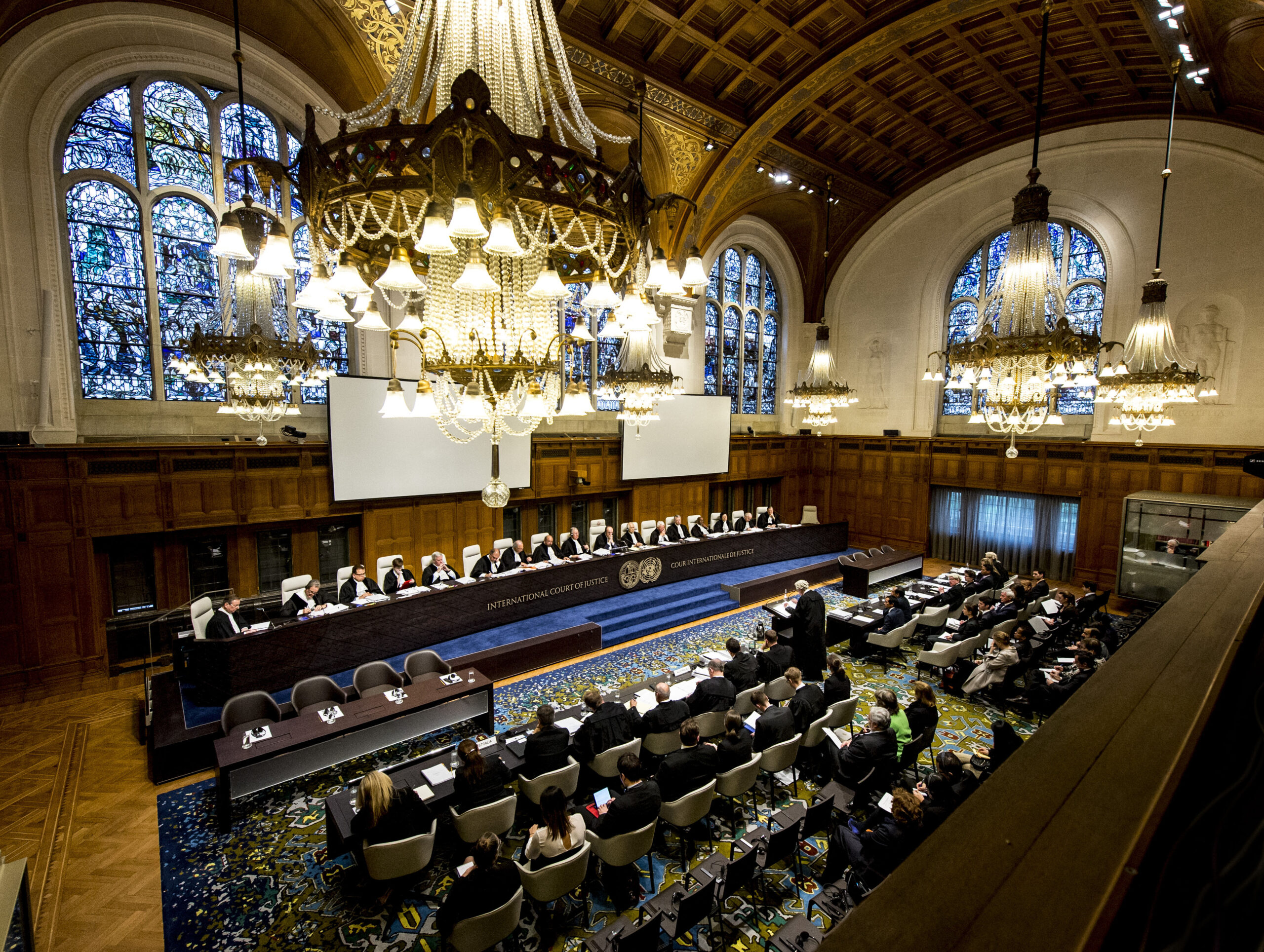Doha, Qatar. February 29th, 2020. As the Taliban delegation joined in representatives from the United States, Pakistan, Afghanistan, and other UN member states in observing the passage of a “pre-peace” deal following a week-long reduction-in-violence agreement made on February the 22nd, several sides were quick to announce a famous victory.
Despite the fact that this agreement has come during a period in which the Taliban controlled more territory than ever before, Sec. of State Mike Pompeo said in his statement at the signing ceremony that the Taliban knew military victory was impossible.
However after 18 years of war even the normally pro-American exceptionalism Pompeo admitted that achieving and maintaining peace would require “serious work and sacrifice” from “all sides – the United States, the coalition, the Taliban, the Afghan Government, other Afghan leaders, and the Afghan people themselves”.
Despite ten years of his country attempting to create just the opposite, Pompeo remarked that the peace deal creates a situation in which “the future of Afghanistan is for Afghans to determine”.
Talibandoning the Warpath
The Taliban on the other hand have been remarkably consistent over the years – calling always and only for a complete withdrawal of all foreign occupiers. So in that sense if an 18 month drawdown period by the United States goes well, (during which 13,000 troops will become 8,600 in the next 135 days, followed by the withdrawal of all troops within 14 months) it will look like a victory to the Taliban fighters plain and simple.
However that period will rely on the Taliban keeping many commitments according to Andrew Watkins, senior analyst on Afghanistan at the International Crisis Group.
“The Taliban agreed to sit with representatives from the Afghan government well before the final foreign soldier has left Afghan soil, which was once a key claim in their victory narrative – the group has conceded here, and elsewhere,” said Watkins, speaking with Al Jazeera.
“In reality, all sides (including the Afghan government, although it has not been a direct party to this deal) have made serious compromises”.
PICTURED: U.S. Special Representative to Afghanistan, Zalmay Khalilzad.
Coming up Trumps
“When I ran for office, I promised the American people I would begin to bring our troops home, and seek to end this war. We are making substantial progress on that promise,” said President Trump, who plans to meet with Taliban leaders in the coming days.
In 2018 during the height of the Trump-Russia collusion investigation, the President appointed Zalmay Khalilzad, a muscular Afghan-American diplomat from the Atlantic Council, as Special Representative to Afghanistan.
At the time this was interpreted as a clear signal to the region that peace would arrive, and though Khalilzad would have to stay at the anvil for almost 2 years, it seems his efforts have paid off.
The peace agreement has drawn criticism of the same variety that has been leveled at any politician attempting to leave the quagmire of Afghanistan, from characters like Trump’s former National Security Advisor John Bolton, and Congresswoman Liz Cheney. However Trump summarily dismissed the noise, maintaining that he has fulfilled a major campaign promise.
Ten thousand miles away, Taliban political chief Mullah Abdul Ghani Baradar held meetings in Doha after the signing of the deal with emissaries from Turkey, Uzbekistan and Norway, along with other diplomats from Indonesia, Russia, and neighbouring nations.
“The dignitaries who met Mullah Baradar expressed their commitments towards Afghanistan’s reconstruction and development… the U.S.-Taliban agreement is historical,” said official Taliban spokesman Zabiullah Mujahid.
Khairullah Khairkhowa, a member of the Taliban’s office in Qatar, predicted that “any system (of government in Afghanistan) that is accepted by the majority will be approved,” after talks between the Unity Government of recently-reelected President Ashraf Ghani and the Taliban prepare to get underway.
For the Taliban and Ghani, a prisoner exchange, territorial control, and women’s rights remain large issues of contention, while Trump has set himself up with a major victory that requires almost none of his future attention as he heads into his reelection campaign.



